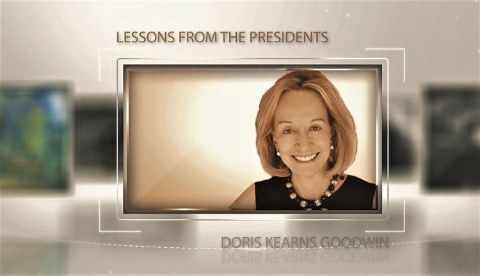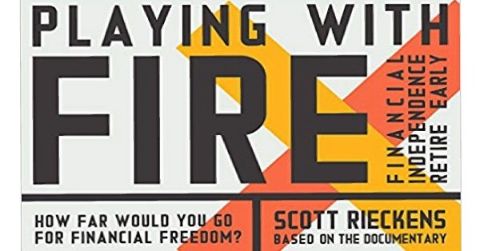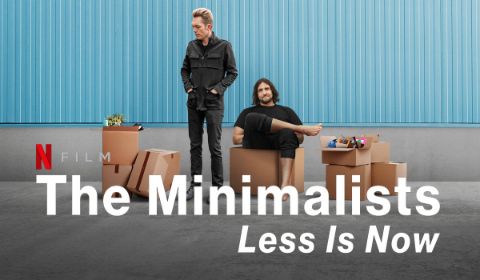Body Language Decoded • 2017
Take a journey deep inside the intriguing world of non-verbal communication. As human beings, our bodies communicate our inner emotions and feelings in ways that can often be easily seen by others, but at other times, are barely visible. On every continent and in every ethnicity, expressions of emotions such as happiness, surprise, anger and fear are universally recognized. These expressions are hard-wired into our facial muscles for reasons that have everything to do with human evolution and survival of the species. To the trained observer, the way people move can be more revealing than the things people say. Body Language Decoded features interviews with some of the world’s leading experts in human communication.
Make a donation
Buy a brother a hot coffee? Or a cold beer?
Hope you're finding these documentaries fascinating and eye-opening. It's just me, working hard behind the scenes to bring you this enriching content.
Running and maintaining a website like this takes time and resources. That's why I'm reaching out to you. If you appreciate what I do and would like to support my efforts, would you consider "buying me a coffee"?
Donation addresses
BTC: bc1q8ldskxh4x9qnddhcrgcun8rtvddeldm2a07r2v
ETH: 0x5CCAAA1afc5c5D814129d99277dDb5A979672116
With your donation through , you can show your appreciation and help me keep this project going. Every contribution, no matter how small, makes a significant impact. It goes directly towards covering server costs.





